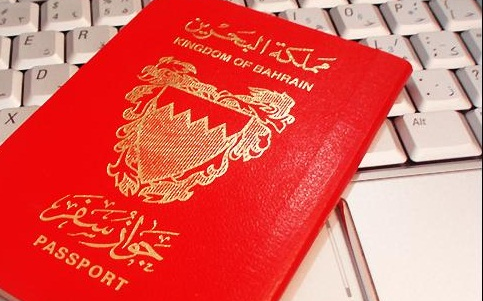The Government of Bahrain has increasingly used travel bans to prevent human rights defenders and activists from travelling abroad. In its ongoing suppression of dissent and political criticism, it has engaged in reprisals against human rights defenders and activists, in particular by preventing them from advocating at the United Nations (UN) or speaking at international labor conferences. The government’s targeted and selective use of travel bans demonstrates that they are both arbitrary and politically motivated.
The Bahraini government’s retaliation against human rights defenders for their global advocacy has increased in recent years. In October 2014, the UN expressed concern that the government arrested and detained prominent human rights defender Nabeel Rajab in retaliation for cooperating with the UN and participating in the Human Rights Council. Two months later, in December, the UN expressed similar concern that the government sentenced another prominent human rights defender, Maryam al-Khawaja due to her cooperation with the UN and its human rights mechanisms.
More recently, immediately prior to the June 2016 session of the Human Rights Council, the Government of Bahrain prevented ten human rights activists from traveling to Geneva to participate in the Human Rights Council. The activists were members of a delegation to the 32nd Session of the Council, where they would have delivered interventions before the UN, participated in panel discussions with other organizations, and met with state and UN officials, all to promote and defend human rights in their country. The government did not inform the human rights defenders and activists of their travel bans until the activists arrived at the Manama airport. Among those whom the government has banned from travel is Ebrahim Demistani, a nurse, human rights defender, and labor activist, and the parents of victims of the government’s violent suppression of the pro-democracy protests in 2011.
Moreover, sources on the ground tell ADHRB that, in addition to the ten activists, the government has banned seven other human rights defenders and activists from traveling. Many of these activists are banned from travelling across the King Fahd Causeway that connects Bahrain and Saudi Arabia. They only discovered their travel bans when they attempted to cross the Causeway. Now, one month later, a number of these individuals have reportedly been allowed to travel to Saudi Arabia across the Causeway, yet Ebrahim Demistani is not among them.
The Bahraini government selectively utilizes travel bans, targeting activists and human rights defenders as a form of harassment and reprisals for their work promoting human rights. The government’s ban on traveling to the UN to participate in the Human Rights Council, and its retaliation against activists who take part, are political decisions meant to silence critics and dissidents. ADHRB calls on the Bahraini government to lift all arbitrary travel bans and to take measures to ensure that human rights defenders and activists can work safely and openly without fear of government interference.
Tyler Pry is the Sheikh Nimr al-Nimr Advocacy Fellow at ADHRB





